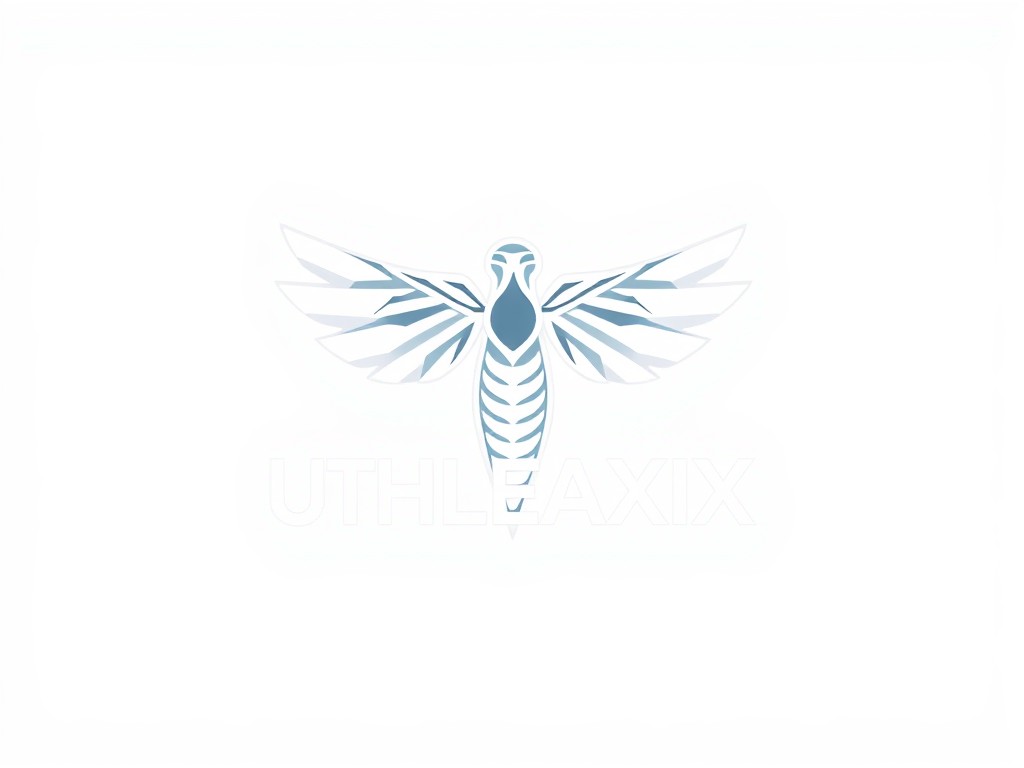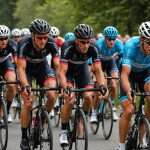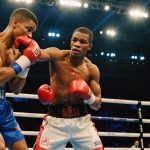Unlocking Precision: Essential Mental Drills for Biathletes to Enhance Shooting Accuracy
Understanding the Unique Demands of Biathlon
Biathlon, a winter sport that combines cross-country skiing and rifle shooting, is one of the most demanding and versatile sports in the Olympic arena. The transition from intense physical exertion to the calm precision required for shooting is a daunting task that separates elite biathletes from the rest. To excel in this sport, athletes must master not only the physical aspects but also the mental drills that enhance their shooting accuracy.
Biathlon has its roots in Scandinavian hunting practices and later evolved into a military exercise before becoming an Olympic event in 1960. The sport tests athletes’ endurance, speed, and accuracy, making it a thrilling spectacle for spectators and a significant challenge for participants.
Also to read : Essential Psychological Strategies for Supporting Professional Cyclists in Multi-Stage Races
The Role of Mental Training in Biathlon
Mental training is a crucial component of a biathlete’s preparation. It involves various techniques designed to improve concentration, manage stress, and maintain focus under high-pressure conditions.
Visualization and Mindfulness
Visualization and mindfulness are two powerful tools that biathletes use to enhance their performance. Visualization involves mentally rehearsing the shooting process, including the approach to the shooting range, the positioning of the rifle, and the act of pulling the trigger. This technique helps athletes prepare for different scenarios and build confidence in their ability to perform under pressure.
In the same genre : Unlocking Performance: The Impact of Sleep on Amateur Boxers’ Success
Mindfulness, on the other hand, focuses on being present in the moment. It helps athletes manage their heart rate and breathing, which is critical after intense skiing. For instance, biathletes often use mindfulness techniques to slow their heart rates from over 180 beats per minute to a more manageable level, allowing them to shoot accurately.
Neural Efficiency and Brain Activity
Research in sports psychology has highlighted the importance of neural efficiency in high-pressure tasks. Neural efficiency refers to the brain’s ability to perform tasks with minimal neural activity, indicating high levels of skill and automation.
Alpha and Theta Activity
Studies have shown that skilled athletes often exhibit different brain activity patterns compared to less skilled ones. For example, high alpha power and midline theta activity are associated with better performance outcomes in tasks requiring cognitive control.
In the context of biathlon, alpha power, particularly in the frontal midline region, is linked to better motor performance and cognitive control. Theta activity, especially in the left temporal region, is also crucial for maintaining focus and controlling heart rate during high-pressure shooting sessions.
| Brain Activity | Description | Impact on Performance |
|---|---|---|
| Alpha Power | High alpha power in the frontal midline region indicates relaxed yet focused attention. | Enhances motor performance and cognitive control. |
| Theta Activity | Midline theta activity is associated with attentional control and cognitive processing. | Helps in maintaining focus and controlling heart rate. |
| Frontal Midline | Activity in this region is linked to cognitive control and attention. | Critical for high-pressure tasks requiring precision. |
Practical Mental Drills for Biathletes
Here are some practical mental drills that biathletes can incorporate into their training to enhance shooting accuracy:
-
Dry Firing: This involves practicing the shooting process without live ammunition. It helps in developing muscle memory and improving trigger control.
-
Benefits: Enhances motor performance, reduces anxiety, and improves accuracy.
-
How to Practice: Set up a mock shooting range and practice the entire shooting sequence, focusing on breathing, positioning, and trigger control.
-
Visualization Exercises: Regular visualization sessions can help athletes prepare for different shooting scenarios.
-
Benefits: Builds confidence, improves focus, and enhances performance under pressure.
-
How to Practice: Find a quiet, comfortable spot and mentally rehearse the shooting process. Visualize different conditions and outcomes.
-
Mindfulness and Breathing Techniques: These techniques help in managing heart rate and maintaining focus.
-
Benefits: Reduces stress, improves accuracy, and enhances overall performance.
-
How to Practice: Practice deep breathing exercises and mindfulness meditation regularly. Use these techniques during training and competitions to manage heart rate and focus.
-
Positive Self-Talk: Positive self-talk can significantly impact an athlete’s performance by boosting confidence and reducing anxiety.
-
Benefits: Enhances confidence, reduces stress, and improves overall performance.
-
How to Practice: Use positive affirmations before and during competitions. Focus on positive outcomes and reinforce self-confidence.
Case Study: Elite Biathletes’ Mental Preparation
Elite biathletes often have a well-structured mental preparation plan that includes a combination of the above techniques. For example, an elite biathlete might start their day with mindfulness meditation to set a positive tone, followed by visualization exercises to prepare for the upcoming competition.
During the competition, they might use positive self-talk to maintain confidence and focus. Here’s what an elite biathlete might say about their mental preparation:
“Visualization is key for me. Before every shooting session, I visualize the entire process, from approaching the range to pulling the trigger. It helps me stay focused and confident. Additionally, mindfulness techniques have been invaluable in managing my heart rate and breathing, especially after intense skiing sessions.”
Efficiency Hypothesis and Neural Efficiency
The efficiency hypothesis in sports psychology suggests that skilled athletes exhibit higher neural efficiency compared to less skilled ones. This means that skilled athletes can perform tasks with less brain activity, indicating a higher level of automation and skill.
In the context of biathlon, this hypothesis is particularly relevant. Skilled biathletes show higher alpha power and midline theta activity, which are indicators of neural efficiency. These patterns of brain activity are associated with better motor performance, cognitive control, and overall sports performance.
Biathlon is a sport that demands a unique blend of physical endurance and mental precision. To excel in this sport, athletes must invest in comprehensive mental training that includes visualization, mindfulness, and positive self-talk. Understanding the neural efficiency and brain activity patterns associated with skilled performance can also provide valuable insights for biathletes.
By incorporating these mental drills into their training regimen, biathletes can enhance their shooting accuracy, manage stress more effectively, and improve their overall performance. Whether you are an aspiring biathlete or a seasoned competitor, the mental aspects of this sport are as crucial as the physical, and mastering them can make all the difference in achieving success.
Additional Tips for Aspiring Biathletes
- Year-Round Training: Biathletes train year-round, using roller skis during the summer months to maintain endurance and strength.
- Balanced Diet: A balanced diet is crucial for fueling intense training regimens. Athletes should focus on nutrients that support endurance and strength.
- Strength Training: Core stability and upper body strength are essential for both skiing and shooting. Incorporate strength training into your routine.
- Mental Support: Having a strong support system, including coaches, family, and teammates, can significantly impact mental well-being and performance.
By combining rigorous physical training with effective mental drills, aspiring biathletes can unlock the precision and efficiency needed to excel in this demanding yet rewarding sport.











